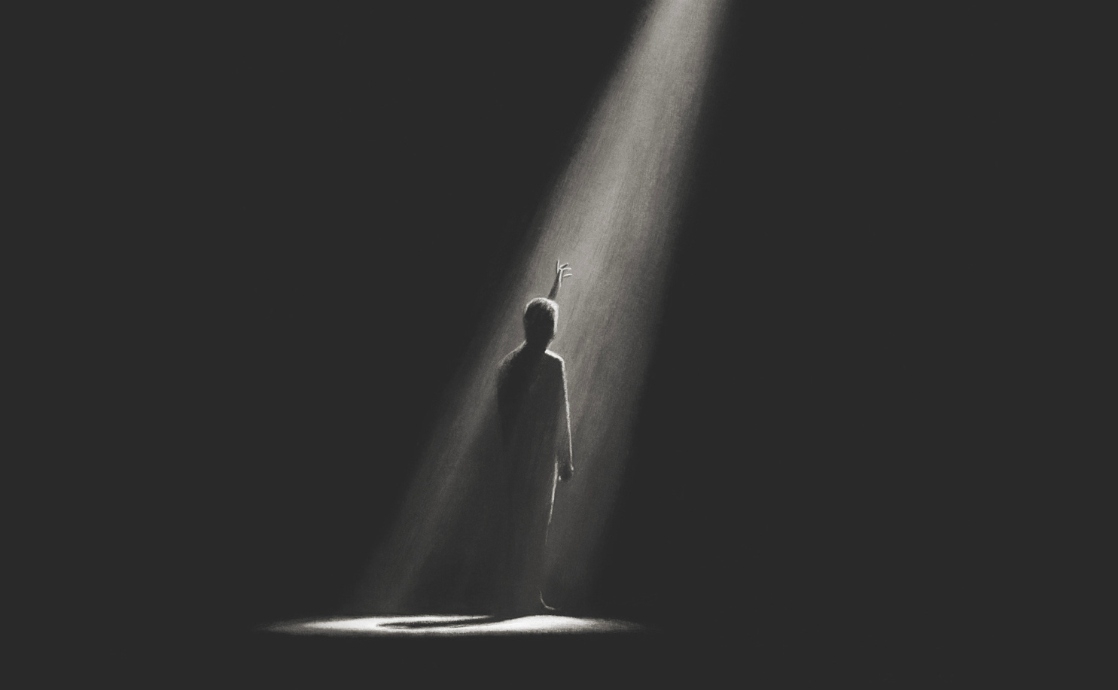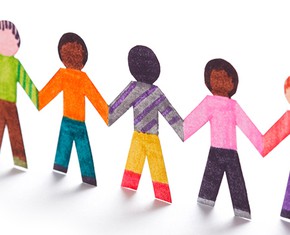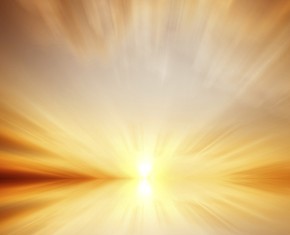The views expressed in our content reflect individual perspectives and do not represent the authoritative views of the Baha'i Faith.
One of the elements of the public dialogue between theists and anti-theists that I find the most fascinating (when I’m in my Vulcan persona) and frustrating (when I’m in Klingon mode) is the number of times someone reduces my faith to a pathology.
Often the anti-theists further suggest that some sort of a “religious mindset” exists – an inherently weak, suggestible, lazy, emotional, irrational, and safety-seeking one – as if only people who believe in a Creator possessed these attributes. In one such dialogue, a correspondent I’ll call Steve added that believers are incapable of a fundamental change of worldview.
I was raised in a Christian family, had been taught to question human interpretations of religion, and had ultimately rejected church dogma and the binary exclusivity it bestowed on Christ (excluding, in some churches, even Moses). I ended up, after an excruciating and sometimes terrifying search, accepting the Baha’i Faith’s principles of human and religious unity. Because of this life trajectory, I know I changed in very fundamental ways. My entire concept of God, my purpose in life, and the purpose and nature of religion had been rewritten from the foundation up. In somewhat more detail, I explained as much to Steve.
In flipping my whole world end-over-end, I found the wisdom of Baha’u’llah instructive:
O My brother! When a true seeker determineth to take the step of search in the path leading unto the knowledge of the Ancient of Days, he must, before all else, cleanse his heart, which is the seat of the revelation of the inner mysteries of God, from the obscuring dust of all acquired knowledge, and the allusions of the embodiments of satanic fancy. He must purge his breast, which is the sanctuary of the abiding love of the Beloved, of every defilement, and sanctify his soul from all that pertaineth to water and clay, from all shadowy and ephemeral attachments. He must so cleanse his heart that no remnant of either love or hate may linger therein, lest that love blindly incline him to error, or that hate repel him away from the truth.
What ensued was a discussion of the word “fundamental” and all the ways it did not apply to me and the changes in my world view — regardless of how fundamentally different and wrenching they seemed. The discussion, which had started with the question of whether there were good elements of faith and religion that we might wish to preserve while peeling away the destructive manmade dogma, became focused on my psychological profile as a believer.
From then on, the discussion wasn’t about religion, but about my “pathology” — what was wrong with me as an individual and what was wrong with “religious people” as a category.
This patently false idea — that all “religious people” have the same particular diseased psychology — ignores obvious reality and has a negative impact on discourse. It inherently becomes a conversation of unequals; with one party playing the expert psychologist, the other is forced into the role of clueless patient. In these one-sided conversations, every word the religious person says is passed through this “category filter” so, in the end, the believer ceases to be an individual person, but rather just a religious “type.”
This is why I think my atheist friend felt the need to define “fundamental” so narrowly that it could not apply to my experience as a religious person. His own worldview dictated that religious types don’t change their minds in the face of evidence that challenges their deeply held beliefs, and they don’t approach their faith rationally, therefore, we must redefine “fundamental change” (among other terms) so this person’s experience fits neatly into the category.
This is a terrible thing to do to another human being – even one we perceive as being “less than” we are in some way – meaning less rational, less capable of independent thought, less intelligent, etc. I am reminded of this passage from the writings of Baha’u’llah:
If ye be aware of a certain truth, if ye possess a jewel, of which others are deprived, share it with them in a language of utmost kindliness and good-will. If it be accepted, if it fulfil its purpose, your object is attained. If any one should refuse it, leave him unto himself, and beseech God to guide him. Beware lest ye deal unkindly with him. A kindly tongue is the lodestone of the hearts of men. It is the bread of the spirit, it clotheth the words with meaning, it is the fountain of the light of wisdom and understanding ….
Whatever the subject and however strongly held our own beliefs about it, we do no one a service when we attempt to reduce their position to a pathology so we don’t have to grapple with the ideas they raise. Grappling with these ideas honestly and consciously is how we learn and grow as individuals and as a species.
These are ideas we should be eager to think deeply about, not simply affix a label to and file away.
















Comments
Sign in or create an account
Continue with Googleor